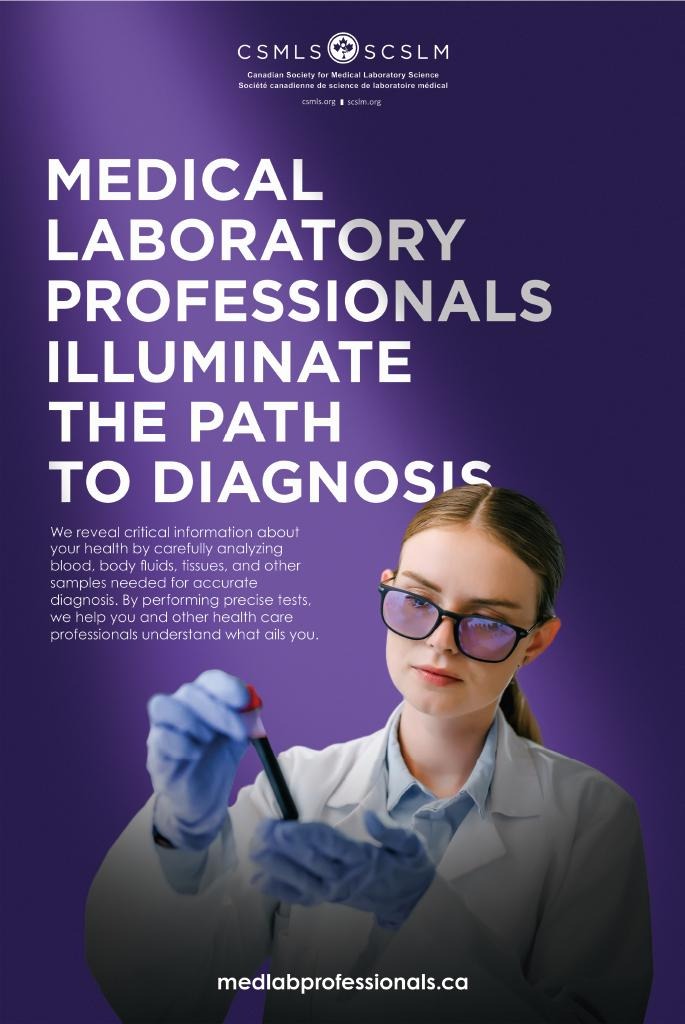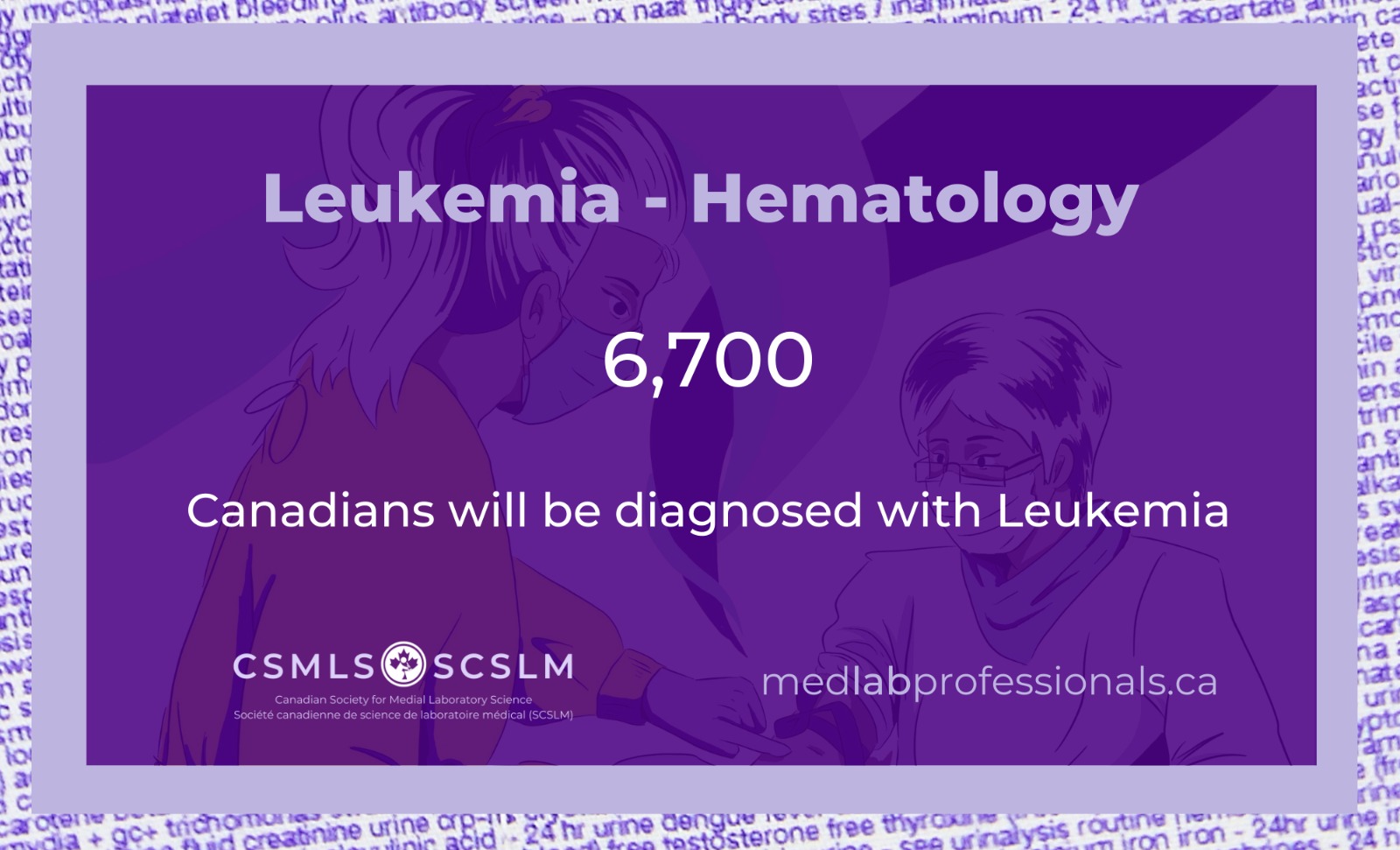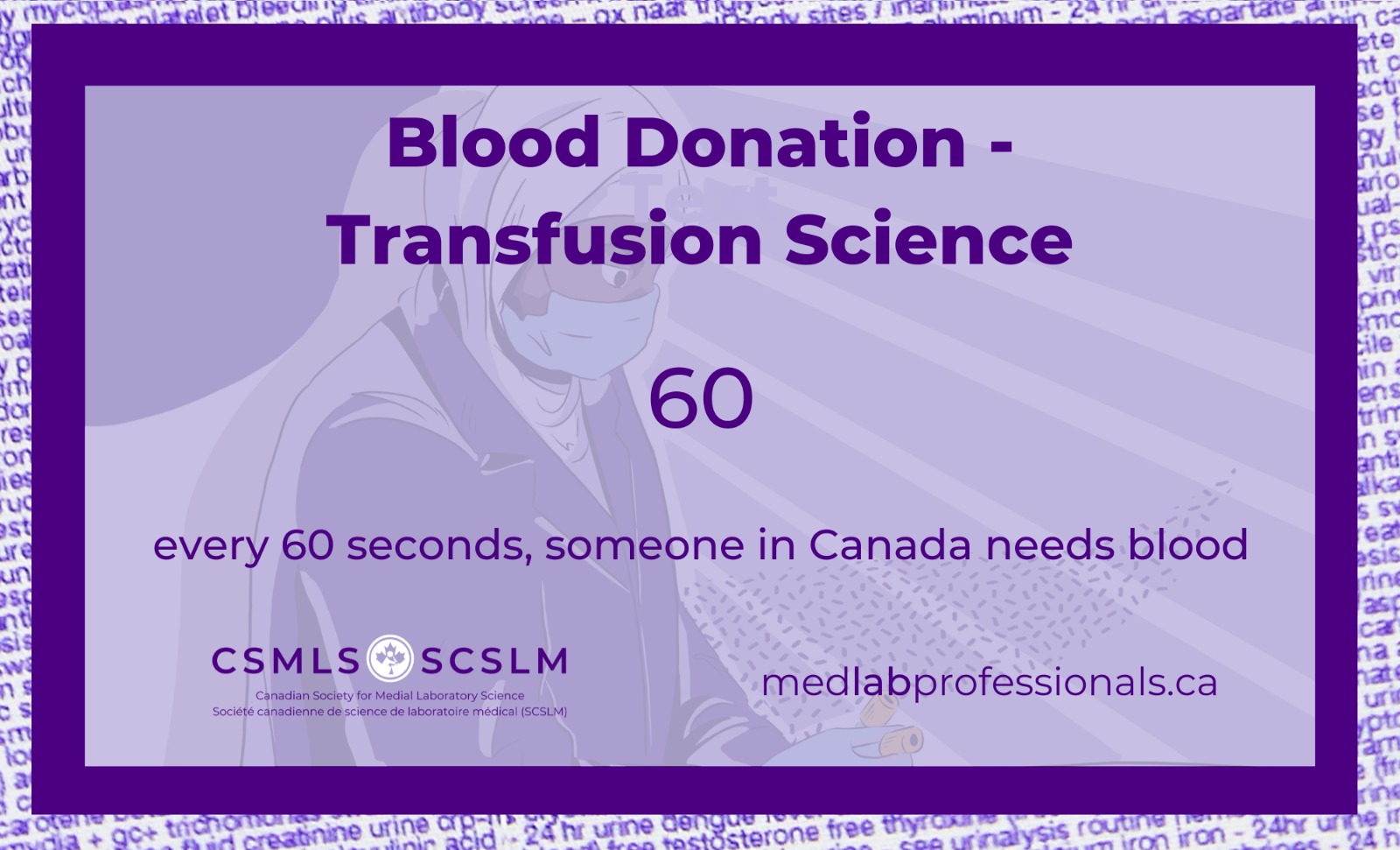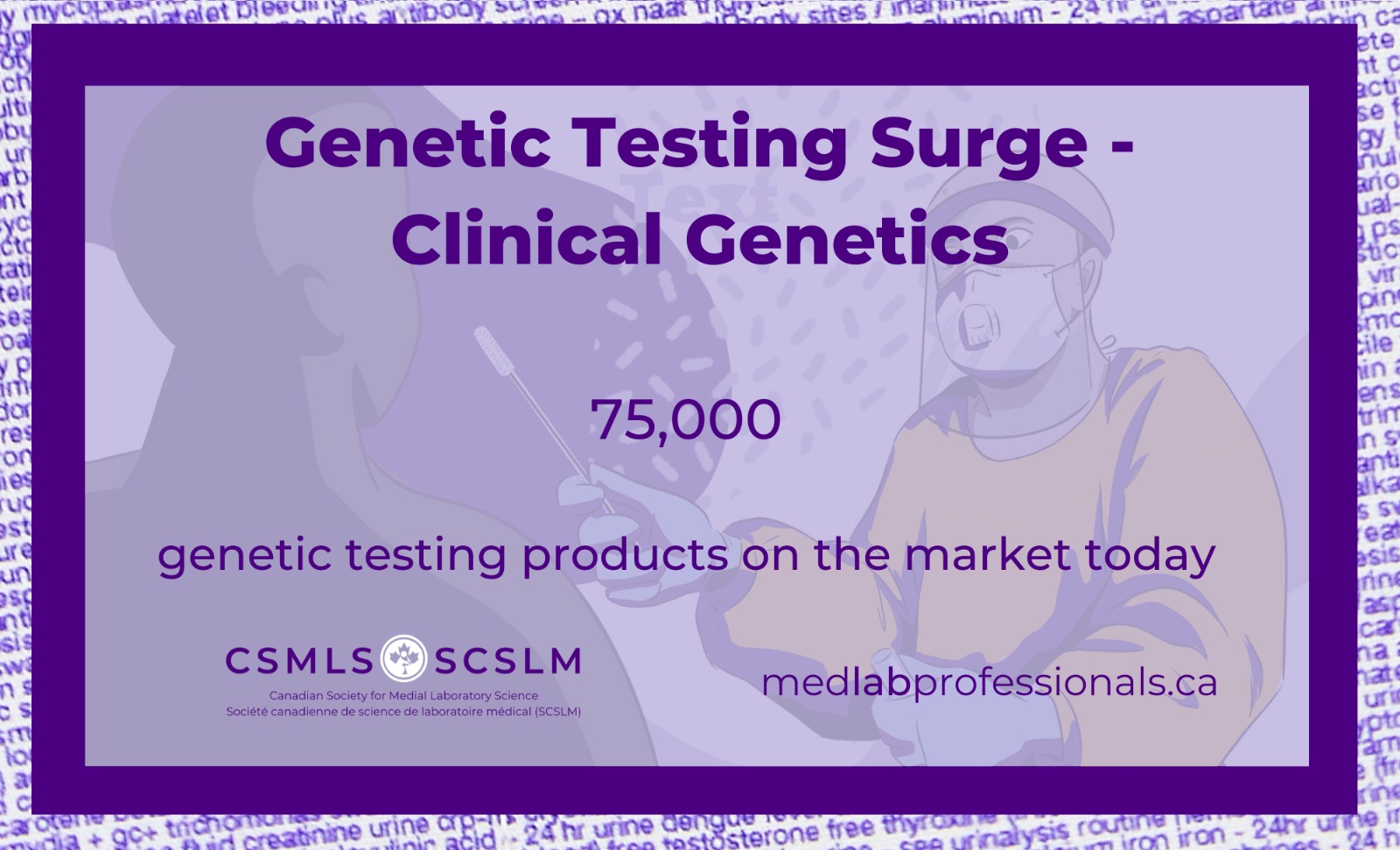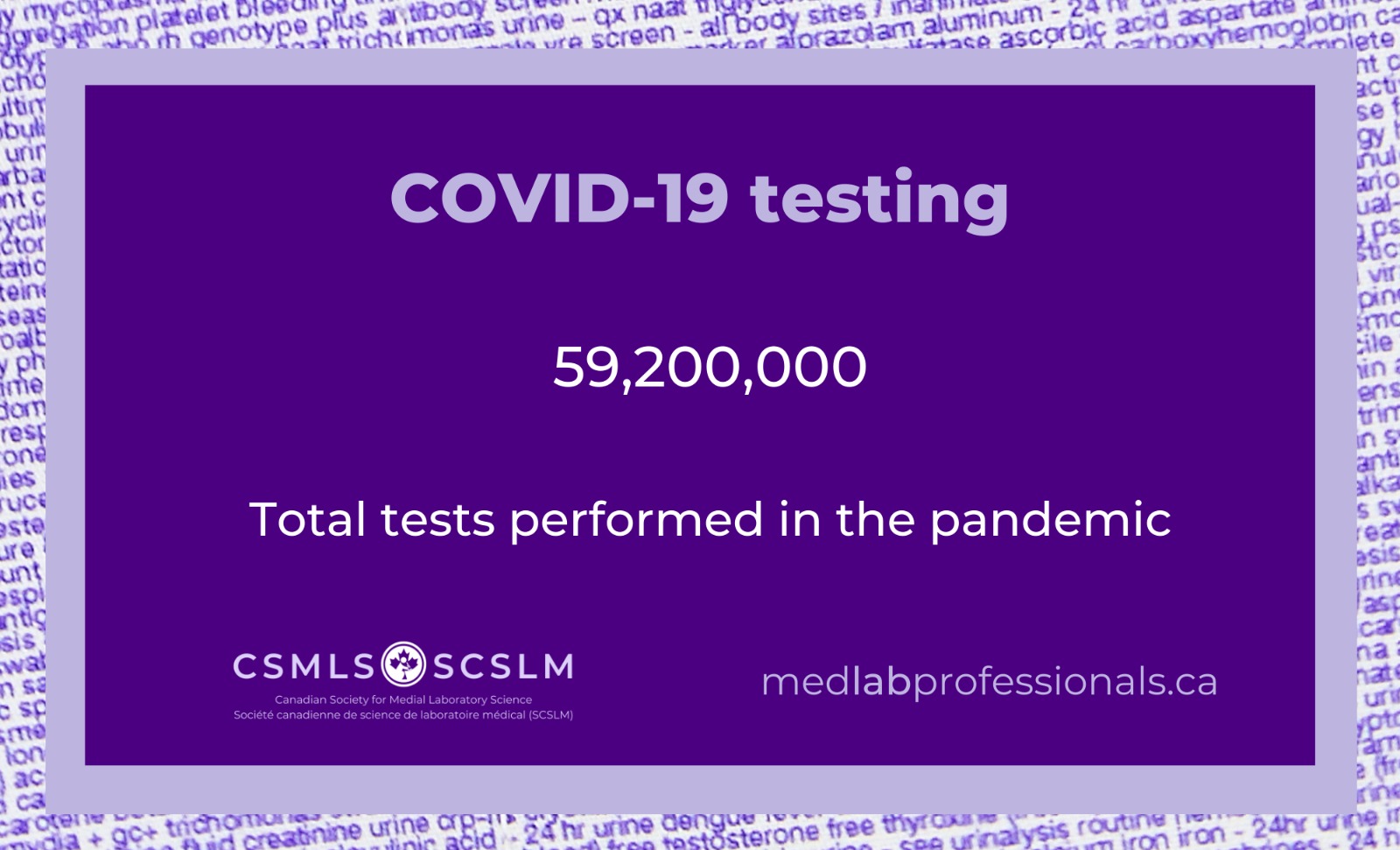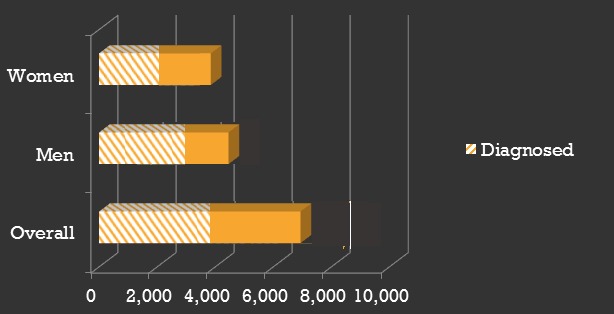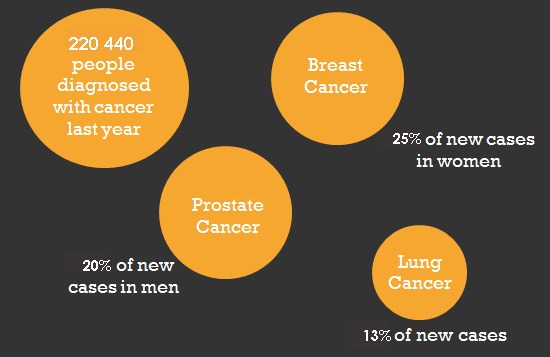
MLT
Medical laboratory technologists, or MLTs, analyze samples, such as tissues and body fluids, to provide results for physician diagnosis and treatment. MLTs specialize in several areas:
- Clinical chemistry, the testing of blood and body fluids to detect chemicals, hormones, or drugs
- Clinical microbiology, the testing of blood, body fluid and other samples to detect bacteria, fungi, viruses and parasites
- Hematology, the testing of blood to detect blood diseases and disorders
- Transfusion science, the testing of blood to determine type and compatibility
- Histology, the preparing of samples of body tissue to detect disease

CY
Diagnostic Cytology Technologists are health professionals that analyze cellular changes that can determine the presence of specific diseases. Mostly through the use of slides under a microscope, diagnostic cytology technologists are able to detect pre-cancerous cells. An abnormal finding would be sent to a pathologist for a final diagnosis.

CG
Clinical Genetics Technologists use a variety of instruments to analyze and diagnose changes or abnormalities in chromosomes and DNA, which are unique to every individual. A genetics technologist's analysis of these cells can lead to a diagnosis of genetic diseases.

MLA
Medical Laboratory Assistants (MLAs) work under the supervision of a Medical Laboratory Technologist (MLT), performing the practical components of sample analysis. MLAs sort, prepare and sometimes process samples that will be tested and analyzed by an MLT. MLAs often collect samples, such as blood, and are often the laboratory professionals that interact directly with patients.
